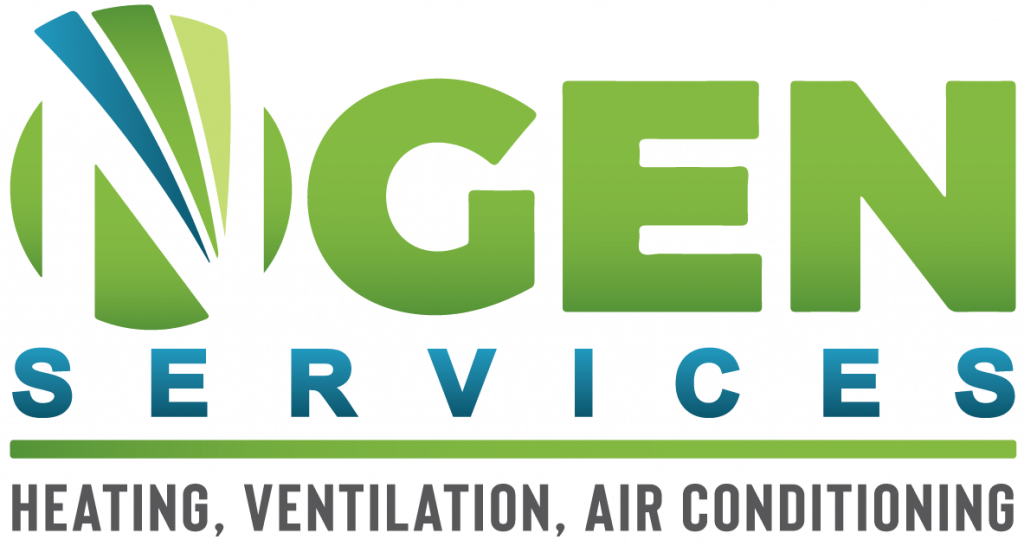An evaporator coil is a part of your central heating and air conditioning system. It absorbs heat from your house and helps trigger the delivery of cool air in conjunction with your thermostat. Evaporator coils can leak water or develop rust, robbing them of their effectiveness. Evaporator coils less than five years old may be covered under warranty. One company specializing in heating, ventilation and air conditioning (HVAC) systems reported on its website that the evaporator coil is usually the first major part to fail in a system. Damage can start with refrigerant leaks that harm the evaporator coil as the component freezes, thaws out and freezes again. Eventually the stress may cause the evaporator coil to fail completely.
Step 1
Check for warm air flowing from vents even though you have the thermostat set for air conditioning. A failed evaporator coil is a key reason why HVAC systems suddenly stop working.
Step 2
Look for signs of a water leak near your heater. The evaporator coil is located inside your house within the HVAC air handling unit. Air handlers distribute cool or warm air throughout your house. A water leak may come from the evaporator coil, indicating that it’s failing.
Step 3
Visually inspect copper lines leading from the outdoor unit. The evaporator coil may be failing if the lines appear icy or frozen.
